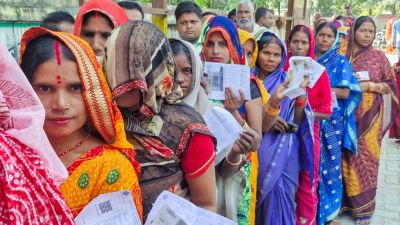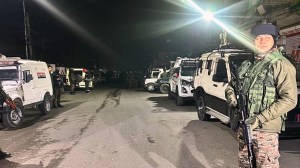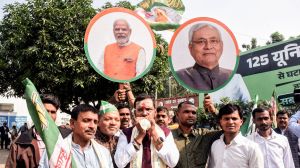Putin runaway favorite as Russians vote for new president
MOSCOW, MARCH 25: Russians choose their second post-Soviet President on Sunday in a vote whose only element of suspense remains whether ac...

MOSCOW, MARCH 25: Russians choose their second post-Soviet President on Sunday in a vote whose only element of suspense remains whether acting Kremlin chief Vladimir Putin wins it in the first round.
The election lacks the high drama of a brutal yet colourful 1996 campaign that saw ailing incumbent Boris Yeltsin drain his energy reserves to fend off a tough challenge from Communist Party boss Gennady Zyuganov. Yeltsin won that vote with the help of powerful business moguls known as "oligarchs" who subsequently used their influence to pernicious effect during his second term.
But Putin, thrust into the limelight when Yeltsin resigned dramatically on New Year’s eve, has not had to rely on such dangerous benefactors. His popularity was already soaring thanks to the brutal crackdown against rebels in Chechnya. Putin’s main challengers, meanwhile, were still smarting from their parties’ crushing defeats in the December Parliamentary polls.
One-time hopefuls like Moscow Mayor Yury Luzhkov and former PM Yevgeny Primakov bitterly accused the Kremlin of resorting to the same dirty tactics of 1996– fighting them through daily media character assassinations.
The surreal calm which has enveloped the current campaign is largely due to the timing of Yeltsin’s resignation and the Kremlin’s success in knocking off opponents in the State Duma Ballot –understood to have been a primary for Sunday’s big vote. Putin has since dominated the media’s glare while his strongest challengers dropped out of the race.


- 01
- 02
- 03
- 04
- 05





























